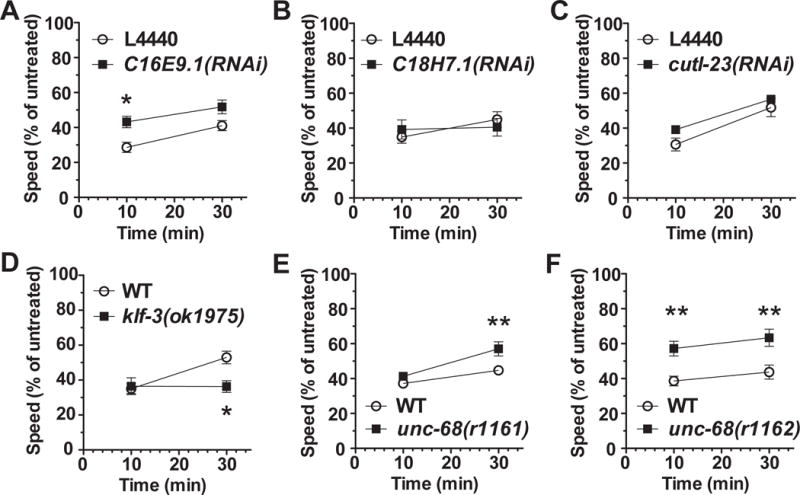Figure 4. Mutations in C. elegans orthologs of human candidate genes cause ethanol response phenotypes.

Speed of locomotion was measured at 10 and 30 minutes, and expressed as a percent of the untreated control speed. Control worms were tested simultaneously on the same plates. Worms were treated with 400 mM exogenous ethanol. The waxy cuticle of worms excludes most of the exogenous ethanol, tissue concentrations are approximately 12% of the exogenous dose (~48 mM). A, B, C: RNAi-induced gene knockdown reduced sensitivity to ethanol for C16E9.1 (a COL6A3 ortholog) but not for two other orthologous genes relative to untreated worms. D: Loss-of-function of the KLF12 ortholog, klf-3, prevented the development of acute functional tolerance between the 10- and 30-minute time points relative to wild-type N2. E, F: unc-68 mutant animals demonstrate reduced sensitivity to ethanol relative to wild-type N2. Statistical significance is shown for 2-way ANOVA followed by post-hoc comparisons across genotypes (*, p<0.05, **, p<0.01, ***, p<0.001).
